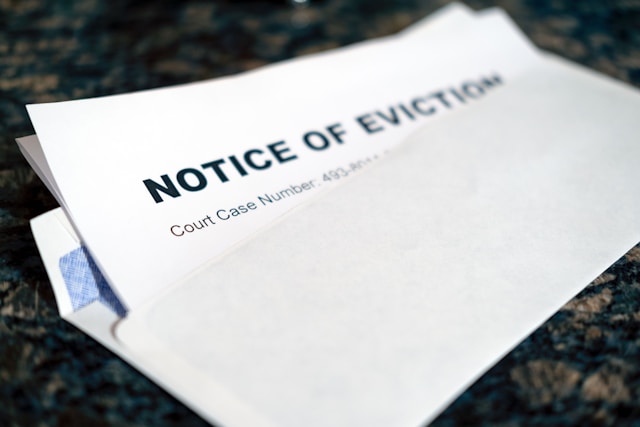Key Takeaways
- Understand Local Rental Laws – Before renting out your house in Greenville, landlords must familiarize themselves with state and local laws, including building codes, fair housing regulations, security deposit rules, and eviction procedures. Compliance with these laws helps ensure a smooth rental experience.
- Properly Prepare and Market the Property – Conducting inspections, making necessary repairs, and setting a competitive rental price are key steps to attracting reliable renters. Effective marketing also helps fill vacancies quickly and maximize rental income.
Renting out a property can be a highly profitable venture. By finding responsible tenants, you can secure a stable stream of monthly passive income. Moreover, you’ll be able to grow your equity and wealth by simply holding onto the property over time.
Before you go and list your property for rent, it’s important to note that managing a rental property is not easy. Thankfully, our experts at Blue Bridge Management have put together the following tips to share everything landlords must do to rent out a property in Greensville successfully:
Familiarize Yourself with the Local Rental Laws
Before listing your property for rent, you must take the time to familiarize yourself with the local landlord-tenant laws. Understanding your legal obligations will help you avoid costly mistakes and ensure a smooth property ownership experience. Here are some laws to keep in mind when renting out a property in Greenville, South Carolina:
Building and Safety Codes
As a landlord, you are responsible for providing a safe and habitable space for renters. This includes providing heating, running water, smoke and carbon monoxide detectors, and ensuring the investment property is structurally safe. Failure to comply with building and safety codes can result in fines, increased liability for injuries, and costly repairs.
Fair Housing Laws
The Fair Housing Act prevents tenants from being discriminated against based on race, color, national origin, religion, sex, familial status, or disability. Discriminating against tenants in any capacity can result of legal consequences.

Mandatory Disclosures
South Carolina landlords are required to disclose vital information about the rental property to tenants before they move in and sign a lease agreement. This includes information about concentrations of lead-based paint in the premises and the names and contact information of all people involved in managing the property, whether it be co-owners or property managers.
Security Deposit Laws
Charging a deposit is a great way to protect yourself from unexpected expenses, such as tenant-caused damages or nonpayment of rent. South Carolina rental laws don’t limit the amount landlords can charge for a deposit. However, it’s important to note that the tenant’s security deposit can only be used to cover unpaid rent, damage beyond normal wear and tear, and costs related to violations of the lease agreement.
Renter’s Rights for Repairs
As a landlord in South Carolina, you must make repairs within 14 days of receiving written notice from your tenants. If you fail to do so, tenants have several legal options to pursue which can hurt your bottom line.
Eviction Laws
As a landlord, it’s crucial to know the valid causes for eviction, as well as the main steps in the eviction process. Compliance with the local laws will help landlords evict unsuitable tenants quickly and keep their investment protected.

Inspect and Prepare the Property
Inspecting the rental before listing it will help landlords spot property maintenance issues that require attention. By making any necessary repairs and cleaning the rental property, a landlord will have more chances of filling their vacancies quickly.
House inspections can also help landlords spot areas for improvement. Cosmetic upgrades and key renovations, such as refreshing the curb appeal, installing new kitchen counters, retiling the bathroom, painting the walls, or installing new fixtures, can significantly boost the appeal of a landlord’s rental.
Set a Competitive Rent Price
Setting a competitive monthly rent price will help you attract reliable tenants and reduce vacancies. A rent over the market rate will drive South Carolina tenants away, leading to longer vacancies and lost rental income. On the other hand, undercharging for your house can result in a negative cash flow.
To ensure your rental rates are fair but competitive, you should research the local rental market. Comparing your rental to other similar properties and consulting rental reports can help you ensure fair pricing. Additionally, you must factor in expenses like maintenance and property taxes to ensure your investment is profitable.
Market the Property Effectively
If you want to fill your vacancies quickly, you need to actively market your property. Here are some things you can do:

- Take Quality Photos of Your Rental – Make sure to take clear, well-lit images that highlight your property’s best features.
- Write a Compelling Listing – An engaging listing can be what sets your rental property apart from the rest. Make sure to include key details like rent, amenities, and nearby attractions to show tenants why they should rent your house.
- Create a Virtual Tour – If rental property owners want to make their property stand out, creating a walkthrough video tour can help them attract more tenants.
- List on Multiple Platforms – Publish your listing across a variety of real estate platforms. Additionally, you can leverage social media platforms and local rental websites to reach a wider audience.
- Offer Move-in Incentives – Offering discounts or flexible terms can help you attract tenants and fill your vacancies faster.
Partner with a Property Manager
Renting out your house successfully requires a lot of time and hard work. You could significantly benefit from hiring a property management company if you have a limited time commitment or real estate experience.
The right company will help you market your rental property effectively, screen potential tenants, and draft solid lease agreements, significantly streamlining the lease process. They can also reduce your workload by dealing with repairs, online rent collection, and legal compliance.
Bottom Line
Renting out a property requires a lot of work, but the outcome is worth it. Securing a stable source of passive income can be the key to financial freedom. However, you must first ensure your rental property complies with local rental laws, regularly inspect and maintain the property, set a competitive rent price, and actively advertise the rental online.
If you need help managing your rental properties, contact our team at Blue Bridge Management!
